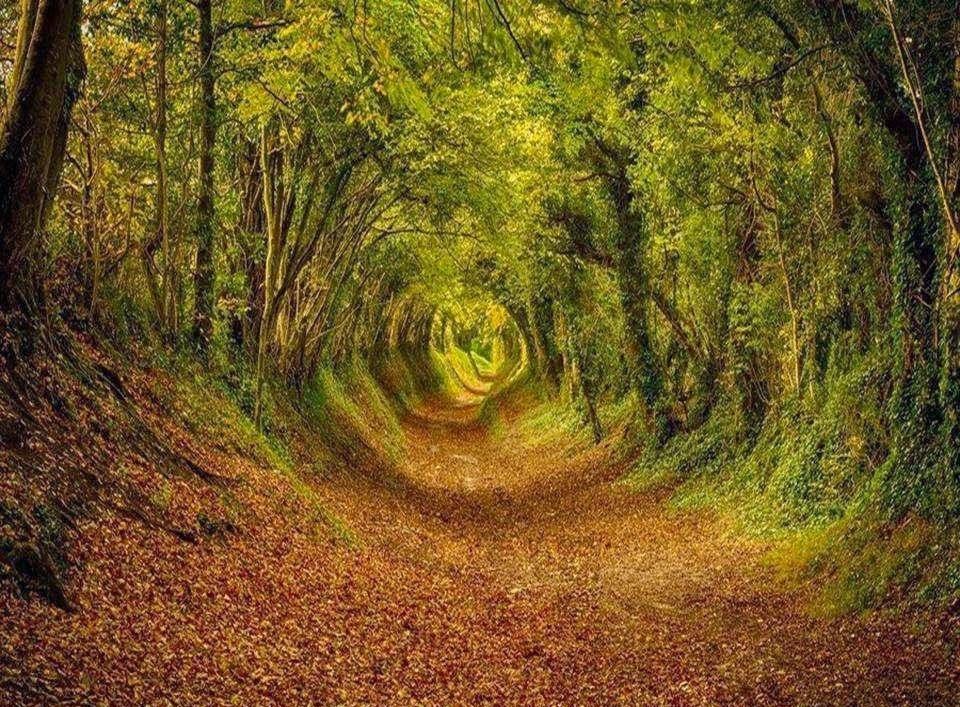 |
| Ashdown Forest* |
These are the first two chapter of The Secret Places (Elkin Mathews & Marrot London 1929) - a chronicle of the 'pilgrimages' of the author, Reginald Francis Foster (1896-1975), and his friend 'Longshanks' in Sussex, Kent and Surrey. One of those magical walking/ rambling books that appeared in the 1920s and 1930s while, to quote Waugh, 'the going was good' despite ribbon development and the ubiquitous motor car. It was probably aimed at urban and suburban dwellers who got away to the country at weekends or when they could. Foster was a jobbing journalist who also wrote books on the countryside and how-to-write books. Most of this book had appeared in the Evening News in the late 1920s. He also wrote detective fiction. Between 1924 and 1936, according to Hubin, he produced 11 mysteries, some featuring a detective called Anthony Ravenhill (The Dark Night, The Missing Gates, The Moat House Murder etc.,) This contemporary review of The Secret Places in The Tablet gives a flavour of the work. There follows the first two chapters…(more to come)
We like The Secret Places. Mr. R. Francis Foster knows where treasure lies hid, and would gladly share his secret with those worthy of the trust. But he fears the barbarian motorist, "with soul so dead" that he is to be stirred only by speed records until the love of country cannot touch him. Therefore he compromises by describing byways where the demon speed cannot go : quiet, ancient ways to be trodden only by the feet of the humble pilgrim in quest of peace and beauty. The author himself trod these paths with a fitting companion, setting out in the autumn along the Pilgrims' Way and wandering through the counties of Surrey, Sussex and Kent until Spring, bringing alas, a plague of cars in her train, drove the travellers from the roads ! Then they ended their journey at Chilworth Friary, where it had begun, convinced that cars are a curse of the devil, and that "the limit in permissible inventions should be the bicycle, foot propelled." This little volume, although perhaps rather self-conscious in the writing, will please lovers of the English countryside and leave them with many delightful things 'pleasant to think on.' We should like to know more of Zebedee, the Zebra, a strange gift-horse to the pilgrims whose fate, after his total disappearance by night, they never seem to have found out.
Continue reading





